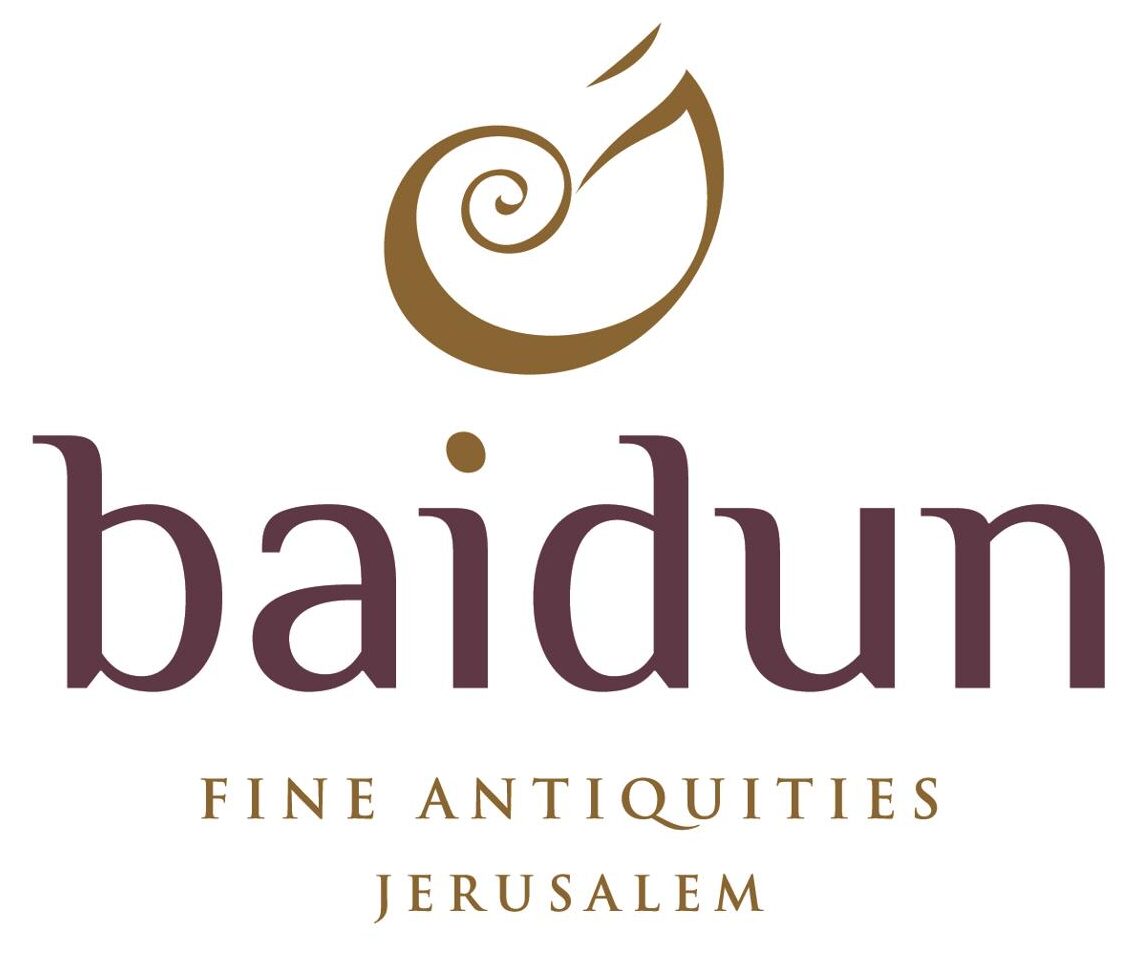Top 5 Ancient History Bloggers
In today’s day and age, the Internet is filled with all kinds of educators; from scholars, to reporters, to bystanders. It’s incredible the kind of knowledge you can gain from simply searching the web. Bloggers have made a solid presence across the web, offering a mix of hard knowledge and opinion. Here are a few reputable bloggers pertaining to ancient history that we thought deserved a shout out.
 David Meadows, Rogue Classicism: This is our number one go-to blog, and probably that of most people interested in archaeology and Classics. He provides daily blogs on all the major stories, and even sends out a weekly newsletter. His topics range from current excavations, to ancient history anecdotes to antiquity. It’s easy to read and fun to browse.
David Meadows, Rogue Classicism: This is our number one go-to blog, and probably that of most people interested in archaeology and Classics. He provides daily blogs on all the major stories, and even sends out a weekly newsletter. His topics range from current excavations, to ancient history anecdotes to antiquity. It’s easy to read and fun to browse.

Judith Weingarten, Zenobia: Empress of the East: This blog covers ancient strong women of the past, not exclusive to Zenobia. She provides a historical context for these women and the various influences they had on society. The blog is a supplement to her book Chronicle of Zenobia: The Rebel Queen.
 Mahmud Baidun’s, Baidun Blog: This blog is the most user-friendly and entertaining blog on the ancient world. The topics range from recent excavations, to ancient women of the past, to top antiquity museums. It even offers tips for those interested in the study of archeology and ancient history. Not to mention, their antiquities are to die for.
Mahmud Baidun’s, Baidun Blog: This blog is the most user-friendly and entertaining blog on the ancient world. The topics range from recent excavations, to ancient women of the past, to top antiquity museums. It even offers tips for those interested in the study of archeology and ancient history. Not to mention, their antiquities are to die for.
 Gregory LeFever’s, Ancient Tides: This interesting blog works to link happenings of the ancient world to what we see every day. Their feeling is that new archaeological finds and scholarly speculations help people better understand our ancestors and life on earth. From antiquity, to ancient artifacts, to ancient paintings, to the various wonders of the world, this blog covers it all.
Gregory LeFever’s, Ancient Tides: This interesting blog works to link happenings of the ancient world to what we see every day. Their feeling is that new archaeological finds and scholarly speculations help people better understand our ancestors and life on earth. From antiquity, to ancient artifacts, to ancient paintings, to the various wonders of the world, this blog covers it all.
 Roger Pearse: This blog shares interesting thoughts on ancient history, with an emphasis on ancient manuscripts. Pearse practices his freedom of speech and the free circulation of information pertaining to the ancient world. Pearse works to expose texts where English translations are difficult to access, and finds way to commission such translations.
Roger Pearse: This blog shares interesting thoughts on ancient history, with an emphasis on ancient manuscripts. Pearse practices his freedom of speech and the free circulation of information pertaining to the ancient world. Pearse works to expose texts where English translations are difficult to access, and finds way to commission such translations.




